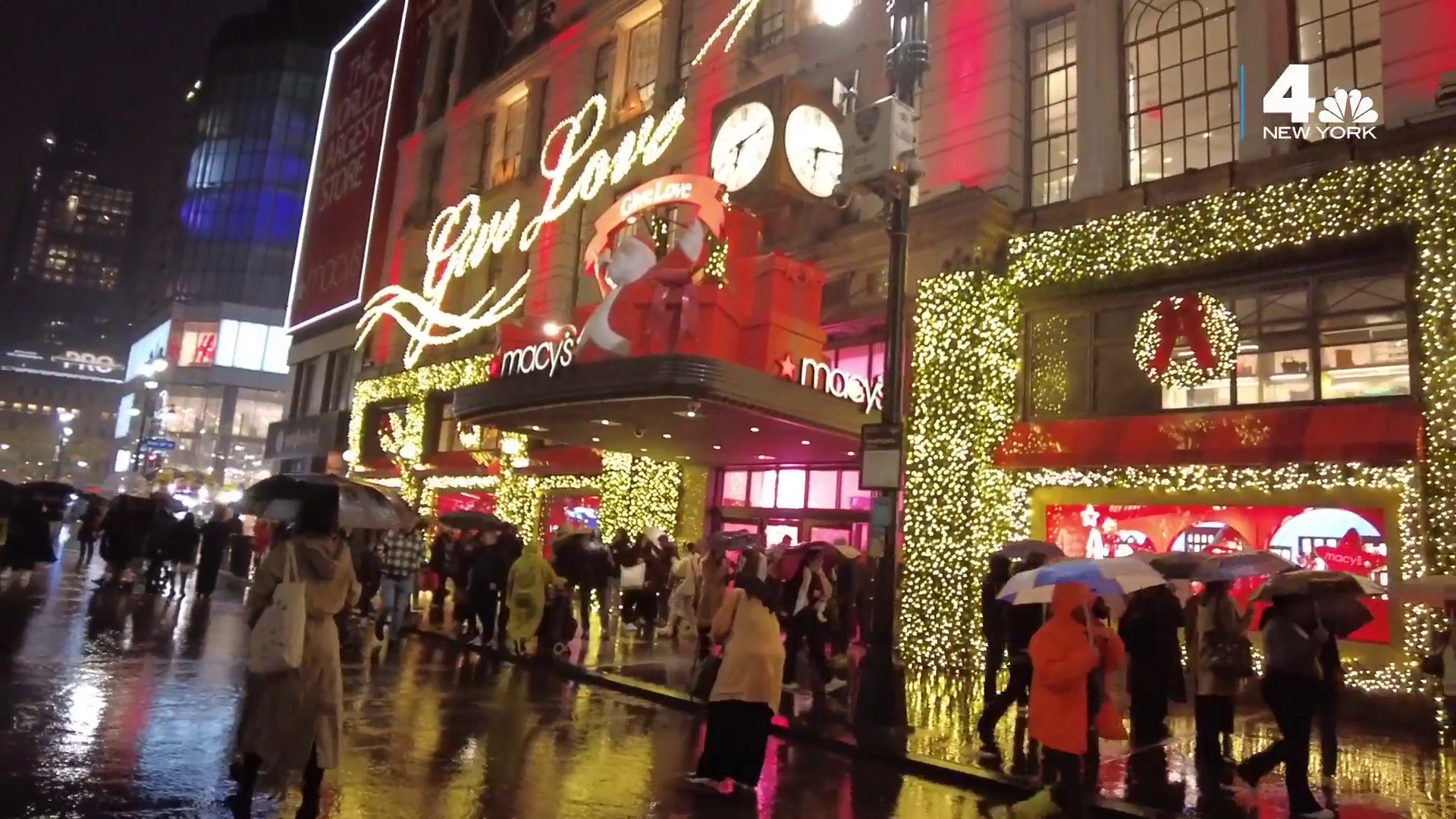Donald Trump’s election victory created a profound conundrum for the judge overseeing his criminal case in New York. Can he go ahead and sentence the president-elect, or would doing so potentially get in the way of Trump's constitutional responsibility to lead the nation?
Court documents made public Tuesday revealed that Judge Juan M. Merchan has effectively put the case on hold until at least Nov. 19 while he and the lawyers on both sides weigh in on what should happen next. Trump's sentencing had been tentatively scheduled for Nov. 26.
Trump's lawyers are urging Merchan to act “in the interests of justice" and rip up the verdict, the first criminal conviction of a former and now future U.S. president.
Manhattan prosecutors told Merchan they want to find a way forward that balances the “competing interests” of the jury’s verdict and Trump’s responsibilities as president.
Get Tri-state area news delivered to your inbox.> Sign up for NBC New York's News Headlines newsletter.
Here are some scenarios for what could happen next:
Wait until Trump leaves office
If Merchan wants to preserve the verdict without disrupting Trump’s presidency, he could opt to delay sentencing until the president-elect leaves office in 2029.
Local
Trump would be 82 at the end of his second term and more than a decade removed from the events at the heart of the case.
Trump’s conviction on 34 felon counts of falsifying business records involves his efforts to hide a $130,000 payment during his 2016 presidential campaign to squelch porn actor Stormy Daniels’ claims that she had sex with him years earlier, which he denies.
If he opts to wait, Merchan might not be on the bench by then. His current term ends before Trump is slated to leave office.
Grant Trump’s immunity claim
Another way Merchan could get rid of the case is by granting Trump’s previous request to overturn the verdict because of a U.S. Supreme Court decision in July that gave presidents broad immunity from criminal prosecution.
The judge had said he would issue a ruling Tuesday, but that was before Trump’s election victory upended the schedule.
The high court’s ruling gives former presidents immunity from prosecution for official acts and bars prosecutors from using evidence of official acts in trying to prove their personal conduct violated the law.
Trump’s lawyers argue prosecutors “tainted” the case with testimony about his first term and other evidence that shouldn’t have been allowed. Prosecutors have said the ruling provides “no basis for disturbing the jury’s verdict.”
The judge could order a new trial — potentially to take place after Trump leaves office — or dismiss the indictment entirely.
Hold off until a federal court rules
Merchan could choose to delay things until the 2nd U.S. Circuit Court of Appeals rules on Trump’s earlier bid to move the case from state court to federal court.
Trump’s lawyers have been appealing a Manhattan federal judge’s decision to deny the transfer. Their argument: Trump’s case belongs in federal court because as a former president he has the right to assert immunity and seek dismissal.
Waiting for the appeals court to rule, though, might trigger further delays down the road. The court has given prosecutors until Jan. 13 to respond to Trump’s appeal. That’s a week before he is to be sworn in to office. Once Trump is in the White House, his legal team could make fresh arguments around presidential immunity.
Case dismissed
Merchan could end the case immediately by overturning Trump's conviction on 34 felony counts of falsifying business records and throwing out the indictment.
That would mean no sentencing or punishment, sparing the president-elect from the possibility of prison time or other penalties.
Trump's lawyers insist tossing the case is the only way “to avoid unconstitutional impediments” to his ability to govern.
Prosecutors acknowledged the “unprecedented circumstances” of Trump's conviction colliding with his election but also said the jury's verdict should stand.
Proceed to sentencing
Merchan could also opt for none of the above and move to sentencing — or at least try, barring an appeal by Trump's lawyers.
George Mason University law professor Ilya Somin said whether the case reaches sentencing “could go either way.”
If it does, he said, “it probably won’t be a prison sentence.”
Trump's charges carry a range of punishments from a fine or probation to up to four years in prison.
“Any prison sentence would likely be blocked or suspended in some way," but a lesser sentence “probably wouldn’t impede Trump to any meaningful degree," Somin said.



